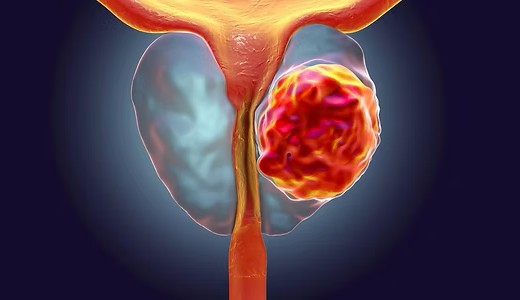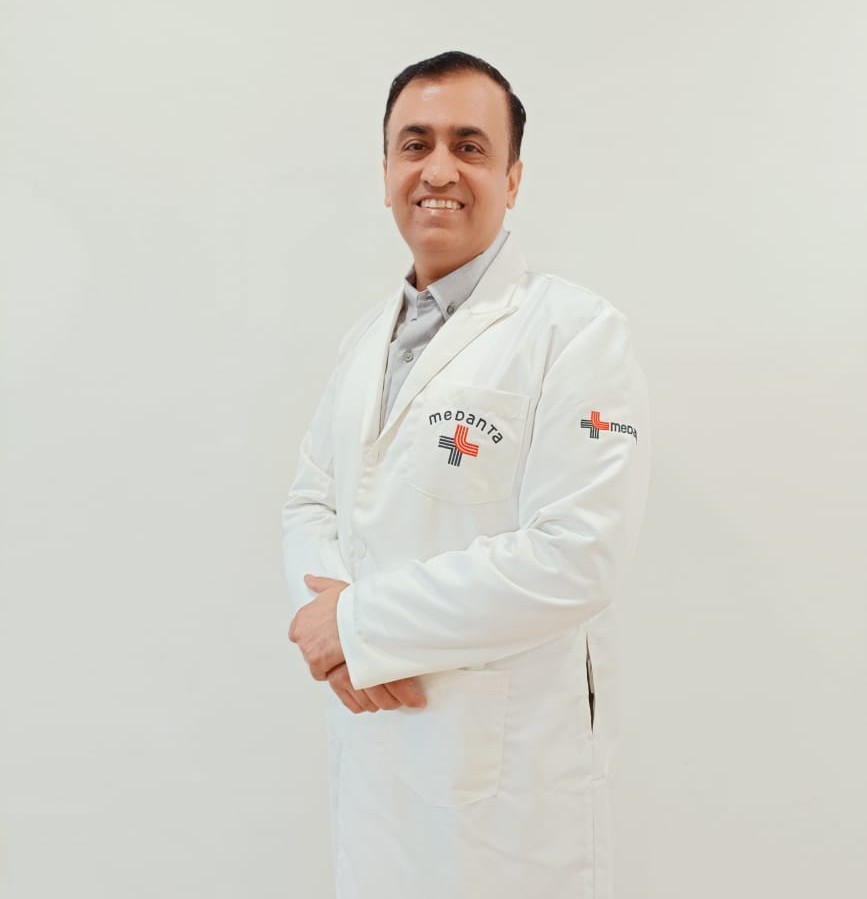
Prostate cancer is one of the most common types of cancer that affect men. It occurs when the cells in the prostate gland, a small walnut-shaped organ located below the bladder, start to grow uncontrollably. While prostate cancer is a serious disease, early detection and advanced treatment options have greatly improved the prognosis for those diagnosed with it.
Dr. Dushyant Nadar is a leading specialist in the field of urology, with a particular focus on prostate cancer treatment in Noida. With a wealth of experience and expertise, he offers patients the most advanced and personalized treatment options for prostate cancer. Dr. Nadar’s patient-centric approach and commitment to excellence make him a trusted choice for individuals seeking comprehensive care and support in their fight against prostate cancer.
In its early stages, prostate cancer often does not cause noticeable symptoms. However, as the disease progresses, some men may experience the following:
Several factors can increase a man’s risk of developing prostate cancer, including:
Prostate cancer is typically detected through a combination of screening tests and diagnostic procedures. Common methods of diagnosis include:
The choice of treatment for prostate cancer depends on various factors, including the stage and grade of the cancer, the patient’s age and overall health, and the patient’s preferences. Treatment options may include:
Prostate cancer is a serious disease, but with early detection and a variety of effective treatment options, the outlook for many patients is positive. Regular check-ups with a urologist and appropriate screening tests are essential for early detection and improved outcomes.
Dr. Dushyant Nadar, the doctor for Prostate Cancer Treatment in Noida is dedicated to providing comprehensive care for patients with prostate cancer. He works closely with patients to develop personalized treatment plans, considering the unique aspects of each case. If you have concerns about prostate cancer or would like to schedule a consultation, please don’t hesitate to contact us. Your health and well-being are our top priorities.

Director - Urology, Robotics & Kidney Transplant at Medanta Super Speciality Hospital, Noida